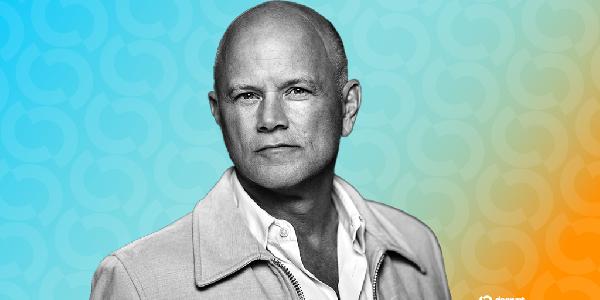AI infrastructure firm CoreWeave reported revenue more than five times higher than a year ago, fueled by surging demand for computing power across the sector.
In the company’s first earnings report since going public in March, released Wednesday, CEO Mike Intrator said CoreWeave is "scaling as fast as possible" to meet "accelerating" needs for the booming AI sector.
The New Jersey-based AI builder brought in $981.6 million in revenue for the first quarter this year, up roughly $793 million from 2024, according to its earnings report.
CoreWeave’s stock (NASDAQ: CRWV) closed higher on the day, up 6.6 to $67.46. The stock quickly gave up those gains in after-hours trading, falling 7.8 to $62.20, per Google Finance.
The stock had opened at $39 on March 28, marking one of the year‘s biggest tech IPOs.
While its quarterly revenue has swelled, the company also reported a steeper net loss of $314 million, or $1.49 per share, compared to a $129.2 million loss in Q1 2024.
Those losses are compounded by its heavy spending, expected to run up to $23 billion in capital expenditures for the year. The figure is well above Bloomberg consensus estimates of $18.3 billion.
AI infrastructure deals would keep growing due to "soaring demand for AI," Jay Jo, senior analyst at Tiger Research, told Decrypt.
"But for the flywheel to keep turning, the AI market needs to generate real profits and build a solid, recurring revenue base, not just rely on investment," Jo noted. "Without that, long-term momentum could stall."
Most AI firms, including OpenAI, which made a $12 billion deal with CoreWeave in March, "heavily depend on external funding" to cover their operating costs, Jo said.
In the same month, it began the acquisition of Weights & Biases, a software deal that further catapulted it to the forefront of AI infrastructure.
Still, CoreWeave threaded full-year revenue between $4.9 billion and $5.1 billion, beating analyst projections, per the earnings report.
For now, CoreWeave‘s expanding partnerships and backlog illustrate a solid market position, yet questions persist regarding sustainable profitability amid aggressive infrastructure growth.
"Everyone paints a rosy picture of the future, but profitability is the real foundation," Jo said.
Edited by Sebastian Sinclair
Your Email










